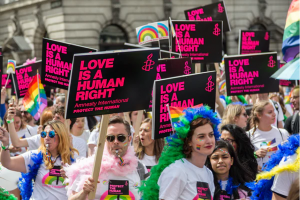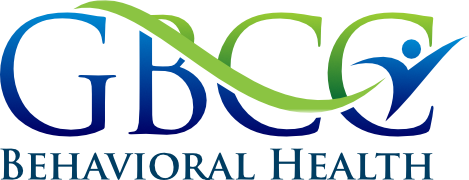Happy Pride Month! June celebrates a community of diverse identities and expressions of gender and sexual orientation. And as we recognize the impact the LGBTQ+ community has had on history and the hurdles they have jumped over to achieve equal rights and respect, it is important to address the battles with mental health, too.
The LGBTQ mental health disparity

Thirty-nine percent of LGBTQ+ individuals living in the United States reported living with a mental illness during 2018. LGBTQ+ people have had to face stereotypes, shame, fear, discrimination, and traumatic events which can lead to these mental health struggles. LGBTQ adults are also twice as likely to struggle with their mental health than heterosexual adults, and transgender people are four times as likely than cisgender people.
Younger members of the community struggle with their mental health the most compared to other age groups, and are twice as likely to have persistent feelings of hopelessness and sadness than heterosexual people. Because of the negative stereotypes that were wrongly created in the past, it can be hard for LGBTQ+ people to come out in fear of rejection and loneliness from those around them.
It is important that, no matter what age, the LGBTQ+ community are able to turn to mental health professionals and seek the help they need to deal with any mental health struggles they may have.
At GBCC, we understand that access to affirming care can be a challenge for individuals in the LGBTQ community. GBCC is committed to being a safe place to seek therapy and support for those who identify as lesbian, gay, bisexual, intersex, transgender, or gender nonconforming, and their family members. Services include individual and/or family therapy for children, adolescents, and adults. We also have therapists who can provide couples therapy or support to friends and loved ones of those who identify as LGBTQ.
Mental Health Resources for LGBTQ individuals
Here are a list of other resources available:
